The Industrial Revolution helped give rise to the office – where people today push paper, thump keyboards, play politics and earn not-always-equal amounts of money. The increasing popularity of telecommuting and contract work puts the office on the verge of enormous change. Journalist Nikil Saval walks you through the evolution of today’s white-collar world. He deftly cites Herman Melville’s 1853 short story Bartleby, the Scrivener: A Story of Wall Street and the 1999 film Office Space, while providing a short, fascinating course on architecture and its effects on people’s work and their emotions. getAbstract recommends Saval’s eye-opening essay to anybody who works in an office and wonders what’s to come.
“I Would Prefer Not” to Be a Clerk
An early literary portrayal of an office appears in Herman Melville’s 1853 short story Bartleby, the Scrivener, whose protagonist stubbornly refuses to work. The tasks Bartleby rejects include clerking – handling the mountains of administrative records stemming from the Industrial Revolution. By the middle of the 19th century, clerks were solid chunk of New York City’s workforce. However, the public didn’t yet see clerking as an honorable profession. Clerks did not do actual labor like farmers and factory workers. Clerking gave birth to the detachable white collar, which clerks used to accessorize the few suit shirts they could afford. Clerks changed the world of work from one in which people used “their hands” to one in which they used “their heads.”
The increasing specialization of business – particularly among niche service providers like financial institutions, shippers, insurance companies, and more – spawned administrative chores that demanded clerical workers. Factories, where laborers made products, became separate from “countinghouses,” where clerks handled paperwork. The term “countinghouse” gave way to the concept...









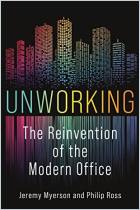
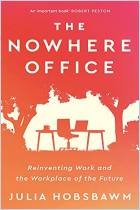
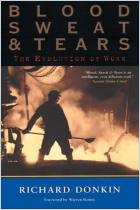
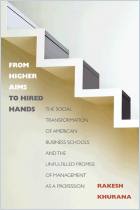
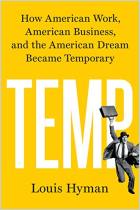
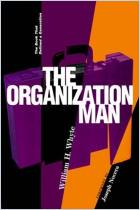







Comment on this summary or Démarrer une discussion